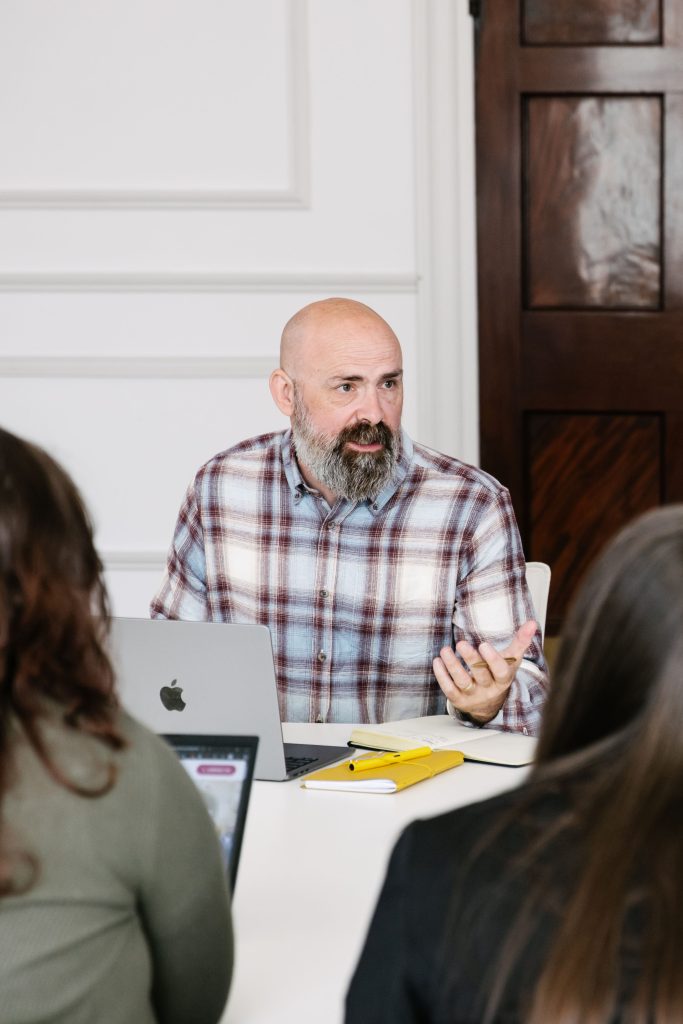Digital partner to growing businesses since 2000
SQ is a digital marketing consultancy and a trusted partner to growing businesses.
For over 25 years, our expert team has helped leading companies bring clarity to digital, reach their customers, enhance their online presence and achieve sustainable growth. As a fellow growing business, we know what it takes to grow in a competitive market, and we’re proud to shape our services around the needs of businesses like yours.
After a decade in the business, I’ve seen how easy it is to get distracted by trends and shiny new tools – but none of that means anything if it doesn’t move the business forward. I’m not interested in doing work that just looks good on a slide deck. I’m interested in the kind that makes a difference to the bottom line.
Kamal Essa
Managing Director

Based in the heart of historic Lancaster, SQ is home to a commercially savvy team specialising in digital strategy, research and insights, PPC, SEO, social media and content marketing.
We also have a deep understanding of key sectors, including manufacturing and engineering, construction and property, retail and hospitality, health and wellbeing, and professional services.
Our commitment to exceptional client service is reflected in the industry recognition we’ve received. We are proud winners of three RAR Digital Awards – based on client feedback – and have been ranked in Prolific North’s annual digital agency league table.


At SQ, we don’t just help our clients succeed. We cultivate a strong internal culture driven by four core values:
- We’re business partners
- Growth mindset
- Team works
- Always ethical
We also invest in creating a workplace where our people can thrive. At SQ, we support, respect and care for one another beyond the surface level, fostering an environment that benefits both our team and our clients.
Beyond business, we are committed to giving back to our community. We proudly support charities and local organisations, including St John’s Hospice.

Contact us today to discuss how we can help you achieve your business goals through a creative and collaborative strategy.

